Introduction:
In an era where information is readily available at our fingertips, the temptation to self-diagnose and self-prescribe medications has become increasingly common. Self-medication refers to the practice of using over-the-counter drugs or even prescription medications without consulting a healthcare professional. While it may seem convenient and cost-effective, the risks and consequences associated with self-medication are often underestimated. In this blog, we will explore the dangers of self-medication, shedding light on why it’s crucial to prioritize professional medical advice.
One of the primary reasons individuals turn to self-medication is the perceived convenience. Over-the-counter medications are easily accessible, and the internet is flooded with information about various health conditions and potential remedies. This accessibility, however, can be a double-edged sword, as it may lead people to misdiagnose their symptoms or underestimate the severity of their condition.
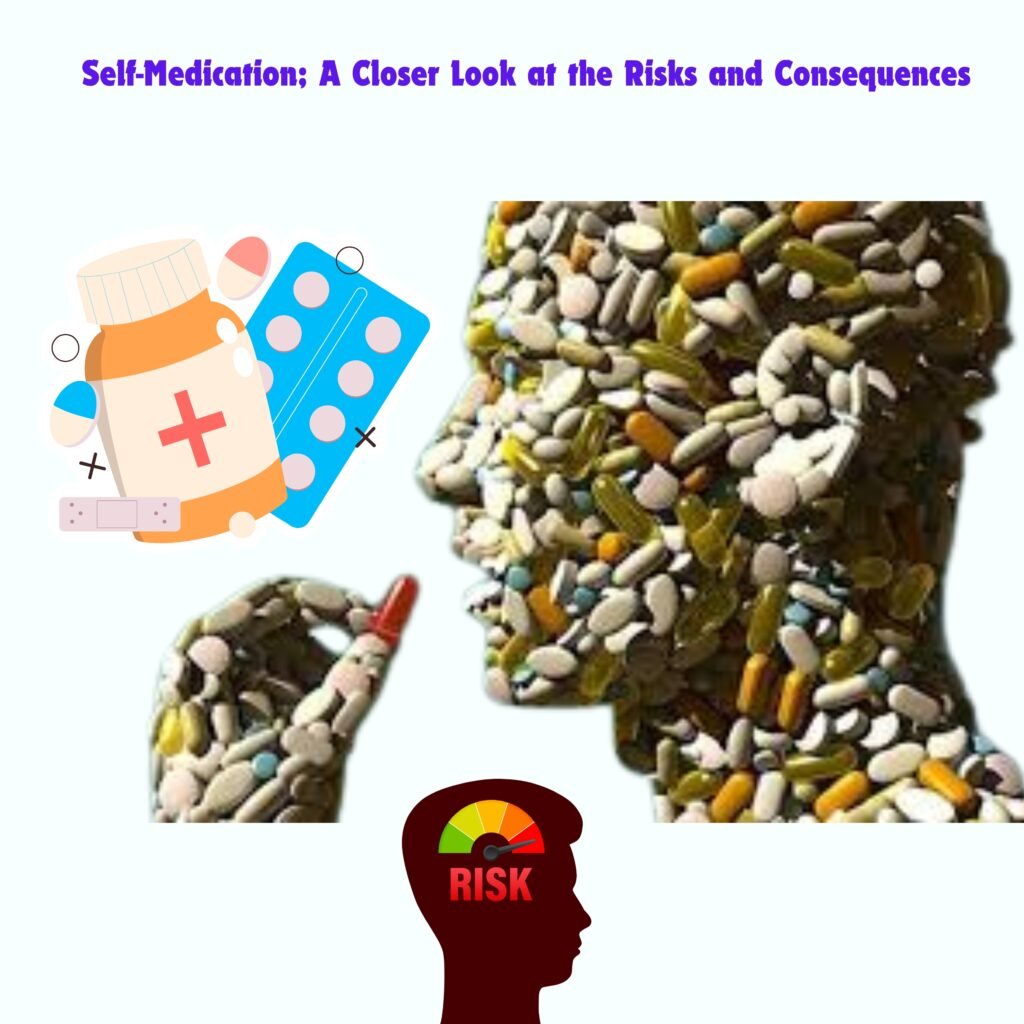
Common Practices of Self-Medication:
Symptom Suppression:
Self-medication often involves merely addressing symptoms rather than the underlying causes of a health issue. This can lead to a temporary relief of symptoms but does not treat the root cause, allowing the condition to worsen over time.
•
Antibiotic Misuse:
The improper use of antibiotics without proper medical guidance contributes to antibiotic resistance, a serious global health threat. Taking antibiotics without a prescription or not completing a prescribed course can render these medications ineffective against bacterial infections.
•
Risk of Drug Interactions:
Individuals may unknowingly put themselves at risk of dangerous drug interactions by combining over-the-counter medications, herbal supplements, or prescription drugs without professional guidance. This can lead to adverse effects and unpredictable outcomes.
The Risks and Consequences:
•
Delayed Treatment:
Relying on self-diagnosis and treatment may lead to delays in seeking professional medical advice. This delay can result in the progression of a condition, making it more challenging to treat when finally brought to the attention of a healthcare professional.
•
Masking Serious Conditions:
Some symptoms may be indicative of underlying health issues that require prompt medical attention. Self-medication can mask these symptoms, making it difficult for healthcare professionals to accurately diagnose and treat the actual problem.
•
Adverse Reactions:
Individuals may have allergic reactions or experience side effects from medications that were taken without proper consideration of their medical history. This can lead to serious health complications and emergency situations.
Conclusion:
While the accessibility of information and over-the-counter medications might be tempting for those seeking quick relief, the dangers of self-medication cannot be overstated. It is crucial to prioritize professional medical advice for accurate diagnosis, appropriate treatment, and the overall well-being of individuals. Consulting a healthcare professional ensures that the right medication is prescribed, taking into account individual health conditions, potential allergies, and interactions with other medications. In the pursuit of health and well-being, it is always wise to trust the expertise of trained medical professionals rather than taking matters into our own hands.

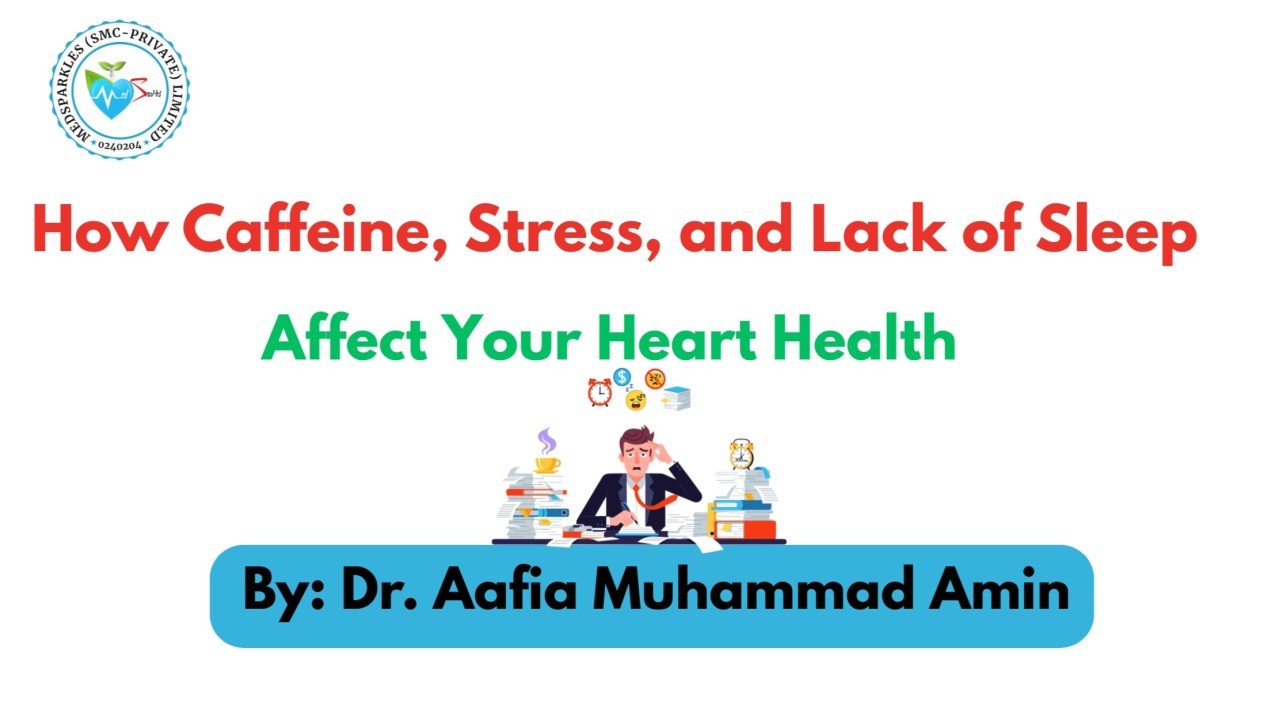

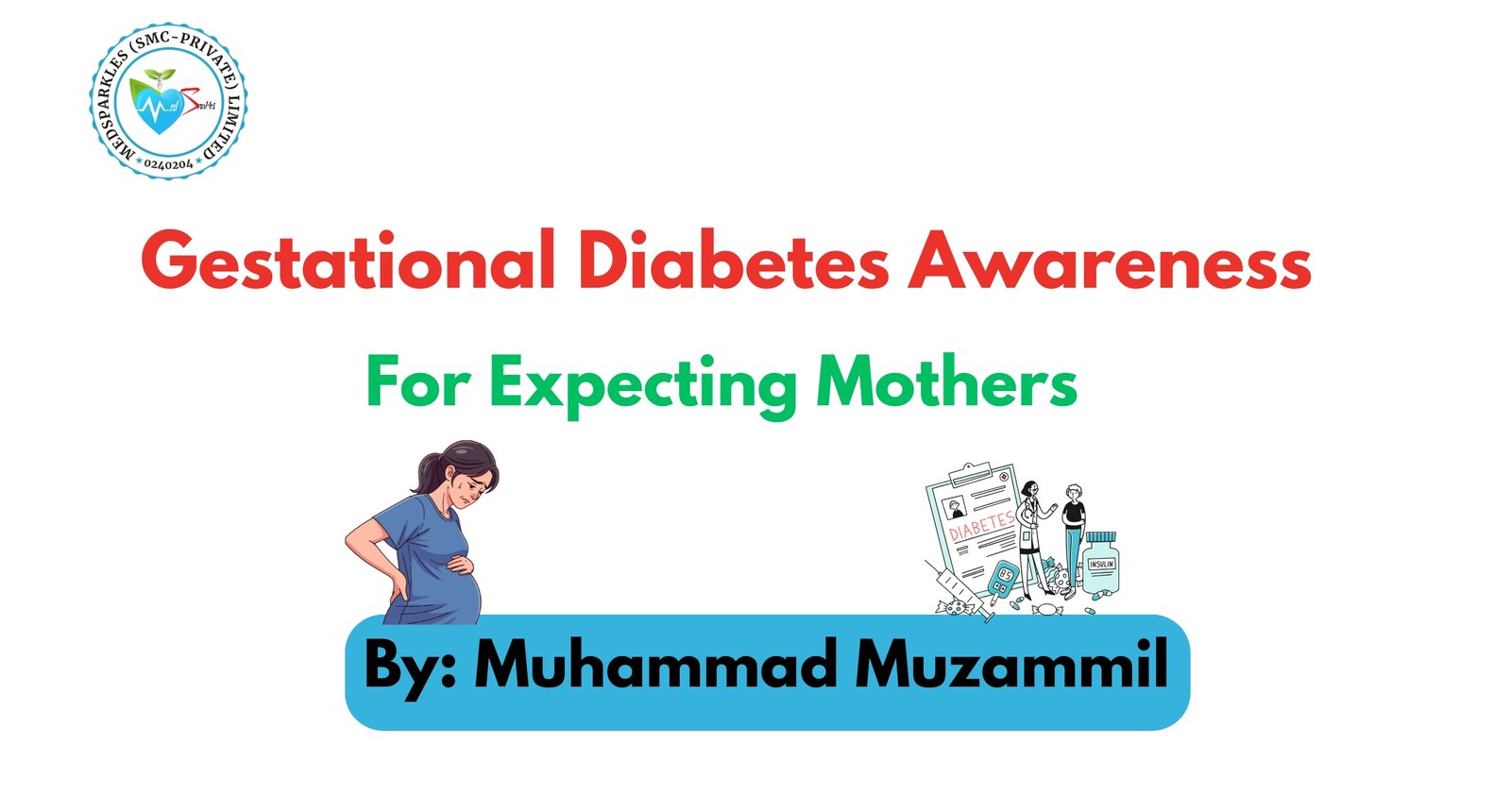
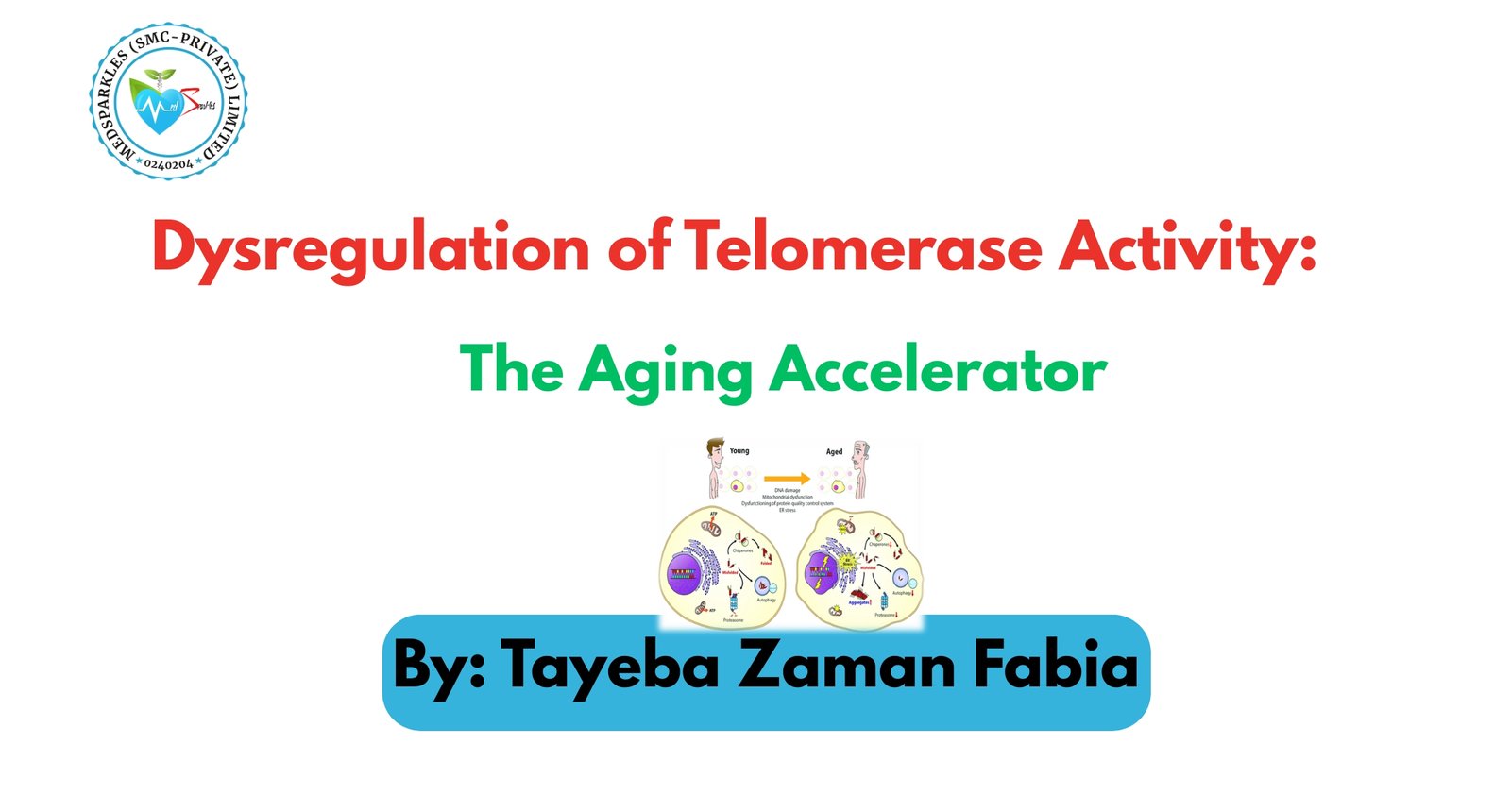
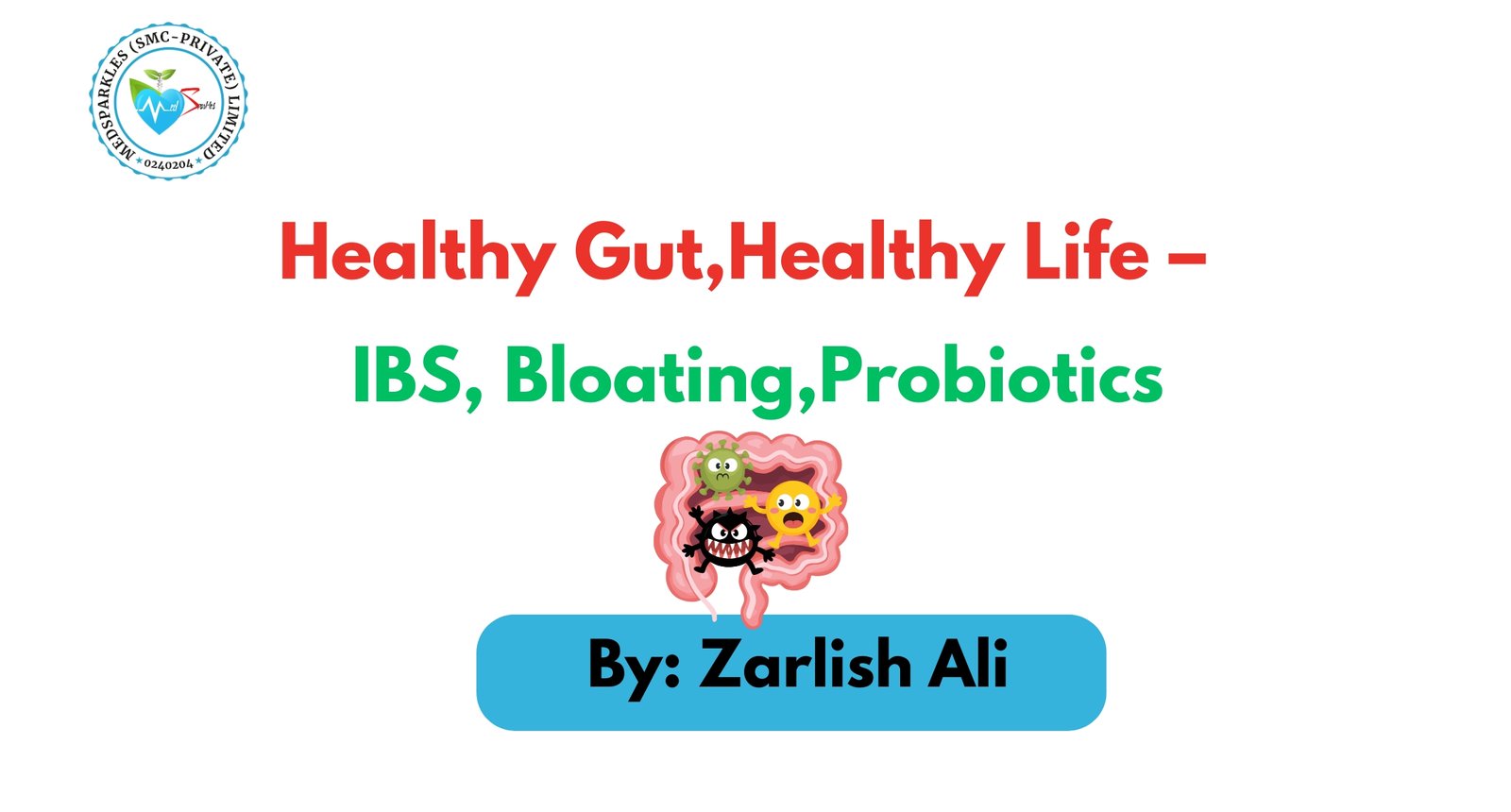
1 Comment.